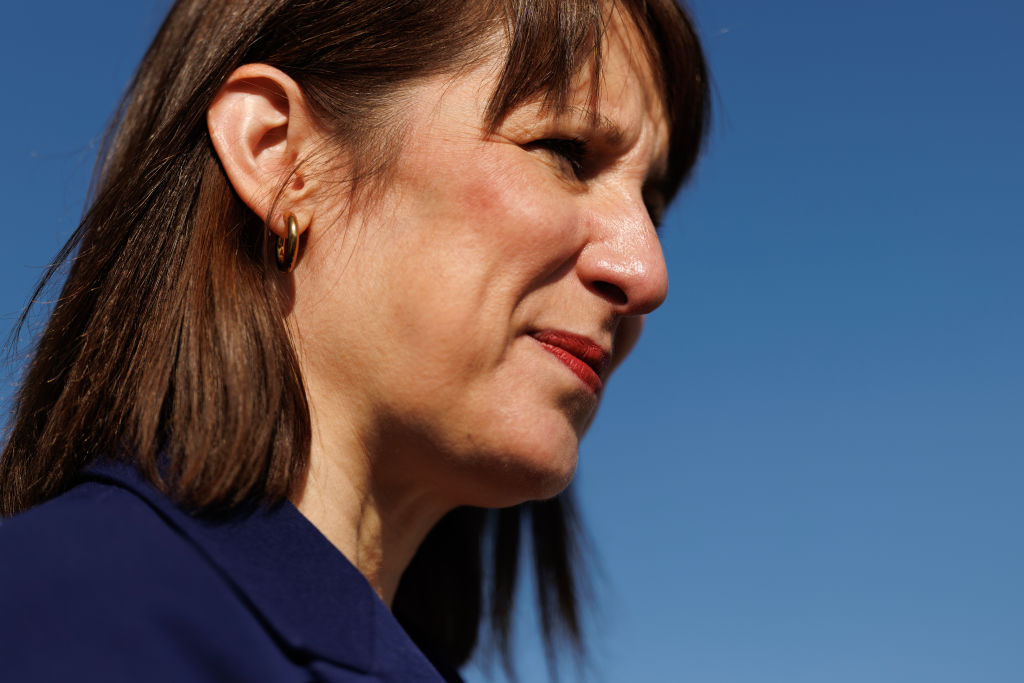In more bad news for Rachel Reeves as the Chancellor prepares for next week’s Spring Statement, the OECD has downgraded Britain’s growth prospects. The organisation forecast the UK’s economy to grow 1.4 per cent this year and then just 1.2 per cent next year – compared with the 1.7 per cent and 1. 3 per cent that they’d previously estimated.
In fairness, the whole world is seeing slower growth, according to the OECD’s estimates. America’s growth forecasts were also downgraded to 2.2 per cent this year, followed by 1.6 per cent in 2026 compared with the 2.4 per cent and 3.1 per cent that had originally been forecast. The report’s authors warned that the ‘escalation of trade restrictive measures’ – in other words, Donald Trump's tariff war – risked rising uncertainty and could act as a further drag on global growth. They said global output could fall by 0.3 per cent and inflation could rise by 0.4 per cent as a result of increased trade barriers reducing spending.
Though the OECD still sees Britain growing – albeit painfully slowly – the downgrade will add to growing fears that we could be heading for recession. Another report out this morning from the Resolution Foundation found that the fall in employment over the 12 months to January was in tune with levels ‘only seen during a recession’. If the labour market slowdown continued, the report found that Reeves would be £15 billion short of her headroom.
The labour market problems have not been helped by the Chancellor's £25 billion raid on National Insurance with survey data already suggesting employers are reluctant to create new jobs in anticipation of the tax rises. During the budget, the OBR (Office for Budget Responsibility) also forecast these tax hikes would cut the labour participation rate by 0.1 per cent. Last week, the Treasury's James Murray admitted as much in response to a parliamentary question.
Meanwhile, the only redeeming feature of the OECD’s report is that the rest of the world – America excluded – is due to do just as bad with the other five G7 countries growing at a slower pace than the UK.
While Reeves was clutching at straws on Friday when she blamed January’s GDP contraction on a ‘changing world’, the mounting uncertainty – exacerbated in no small part by Trump’s tariffs – has made economic forecasting increasingly difficult. Given the fragile outlook, further revisions and unexpected downturns can’t be ruled out.







Comments